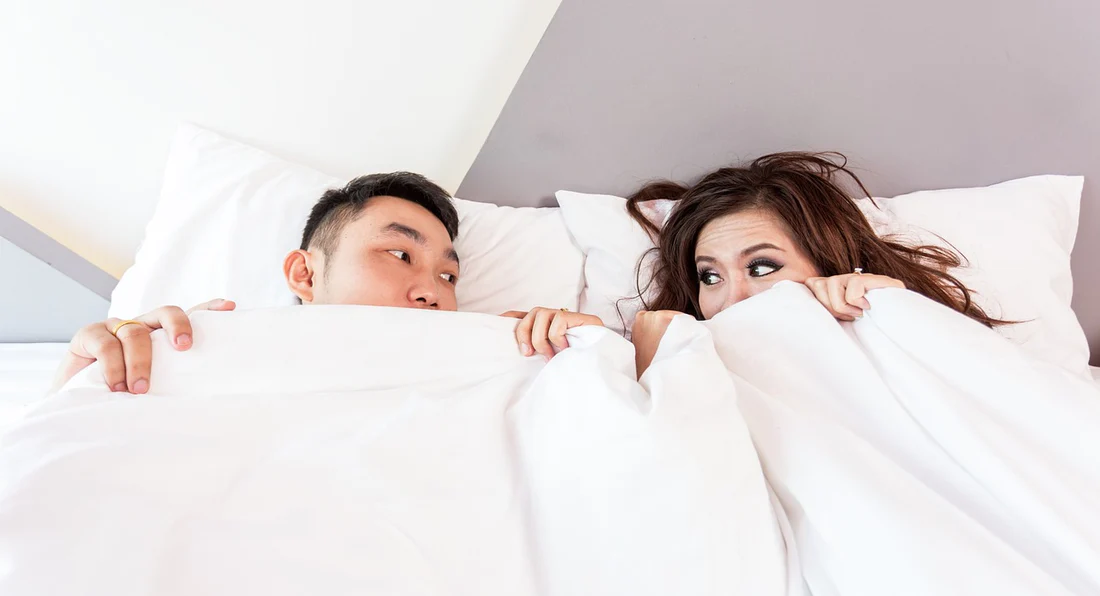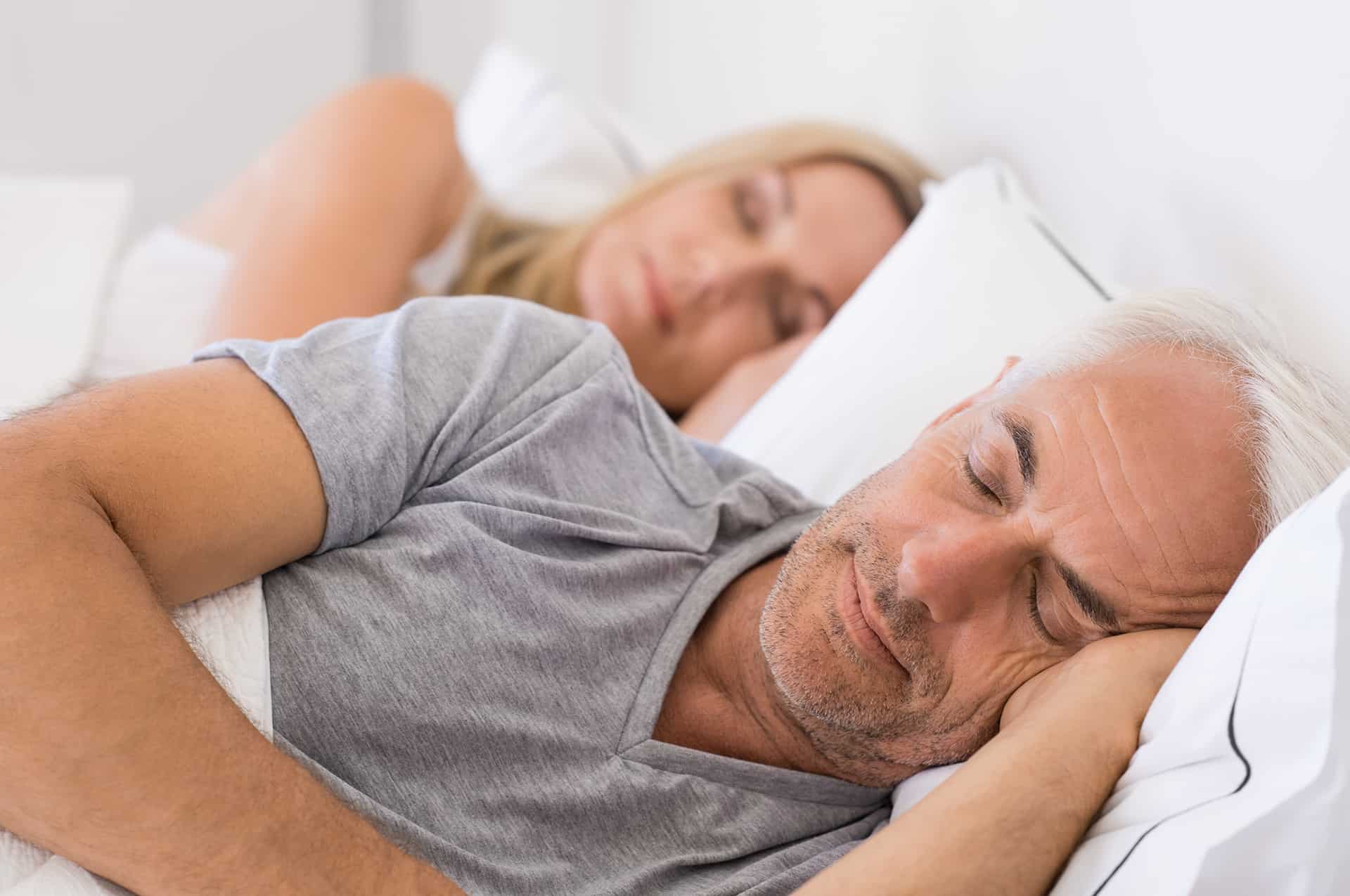In today's digitally connected world, electronic devices have become an integral part of our lives. The problem: excessive use of these devices before bedtime can have detrimental effects on our sleep quality. The blue light emitted by screens, the engaging content, and the 24-hour news cycle, can all disrupt our body's natural sleep-wake cycle, making it challenging to fall asleep and maintain restful sleep.
Implementing effective strategies to limit electronic usage before bed is crucial for promoting better sleep hygiene. Here are several strategies, to help you reduce your electronic device dependency and improve your overall sleep quality.
Establish a Consistent “Digital Curfew”.
Setting a specific time to disconnect from electronic devices before bed can help signal to our body that it’s time to wind down. Research suggests that exposure to electronic devices within one hour of bedtime can suppress melatonin production, a hormone crucial for regulating sleep cycles 1. Gradually reduce screen time during the evening, ensuring ample time for relaxation before sleep.
Create a Screen-Free Bedroom Environment.
Designate the bedroom as a technology-free zone to associate it solely with sleep and relaxation. Remove electronic devices from the sleeping area to minimize the temptation for pre-sleep scrolling. Research has shown us that people who use smartphones or tablets in bed are more likely to experience sleep disturbances 2. Replace screen activities with calming alternatives such as reading a book or practicing mindfulness exercises.
Utilize Blue Light Filters and Night Mode Settings.
The blue light emitted by electronic screens can interfere with the body’s natural sleep-wake cycle. Using blue light filters or enabling night mode settings on electronic devices can reduce the impact of blue light exposure. Studies have shown that filtering blue light in the evening leads to improved sleep quality and next-day alertness 3. Enable these settings on smartphones, tablets, and computers to minimize the disruptive effects on the circadian rhythm.
Establish a Relaxation Routine.
Implement a consistent pre-sleep routine that promotes relaxation. Engage in activities such as taking a warm bath, practicing meditation, or listening to calming music. Engaging in relaxing activities before bedtime can enhance sleep quality and decrease sleep onset latency 4. Create a soothing environment that helps signal to your body that it’s time to unwind and prepare for sleep.
Create Distance from Electronic Devices.
To limit electronic usage before bed, physically separate yourself from devices by keeping them out of reach. Place them in another room or use a charging station away from the bedroom. This reduces the temptation to reach for your device and encourages a healthier bedtime routine.
Educate Yourself About the Impact of Electronic Devices on Sleep.
Understanding the negative effects of electronic device usage before bed can motivate behavioural change. Stay informed about the research surrounding sleep and electronic devices. This knowledge can serve as a reminder and reinforce the importance of limiting screen time for improved sleep quality.
Your Optimum Health Take Away:
References:
- Chang, A. M., Aeschbach, D., Duffy, J. F., & Czeisler, C. A. (2015). Evening use of light-emitting eReaders negatively affects sleep, circadian timing, and next-morning alertness. Proceedings of the National Academy of Sciences, 112(4), 1232-1237.
- Levenson, J. C., Shensa, A., Sidani, J. E., Colditz, J. B., & Primack, B. A. (2017). The association between social media use and sleep disturbance among young adults. Preventive Medicine, 101, 15-22.
- Shechter, A., Kim, E. W., St-Onge, M. P., & Westwood, A. J. (2018). Blocking nocturnal blue light for insomnia: A randomized controlled trial. Journal of Psychiatric Research, 96, 196-202.
- Rusch, H. L., Rosario, M., Levison, L. M., Olivera, A., Livingston, W. S., Wu, T., & Gill, J. M. (2019). The effect of bedtime relaxation on nocturnal blood pressure dipping and sleep quality in African American women with prehypertension and insomnia. Biological Research for Nursing, 21(4), 393-401.






